Reverend Edwin King
At great personal risk, Reverend Ed King agreed to run for lieutenant governor in 1963 as Aaron Henry’s running mate. He accepted the role reluctantly, still recovering from wounds suffered in a June car crash in which he and John Salter had been forced off the road. The Vicksburg native’s activism extended back to his student days at Millsaps College in 1958. As Tougaloo College chaplain, King joined Medgar Evers and John Salter in the Jackson Movement. He and his wife, Jeannette, transported Tougaloo students to the March on Washington at a time when sharing a car with Black people put them at risk. King also worked to desegregate Jackson’s White churches. For his activism, King became estranged from his parents and colleagues in the clergy. His parents felt compelled to leave the state.

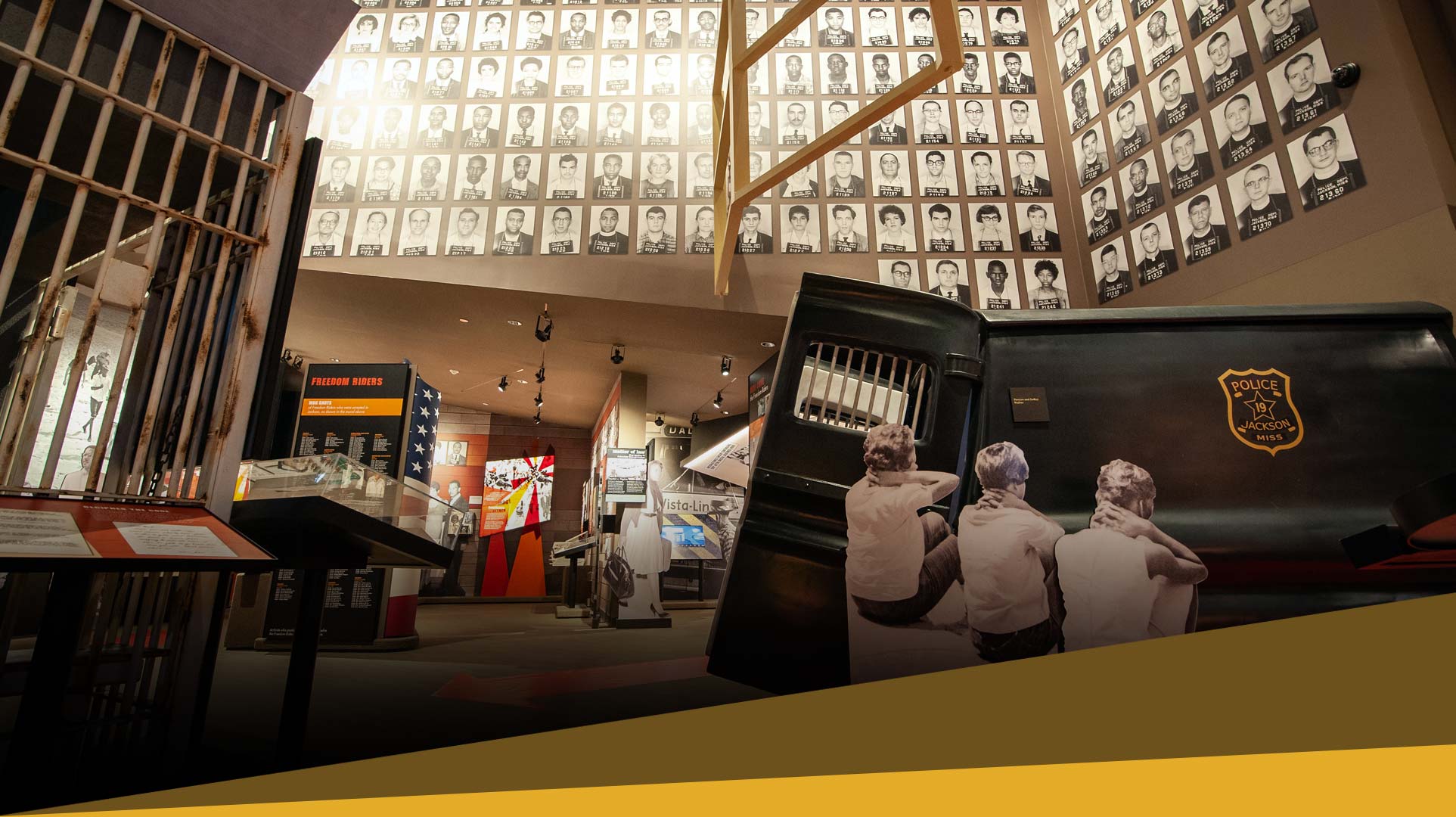
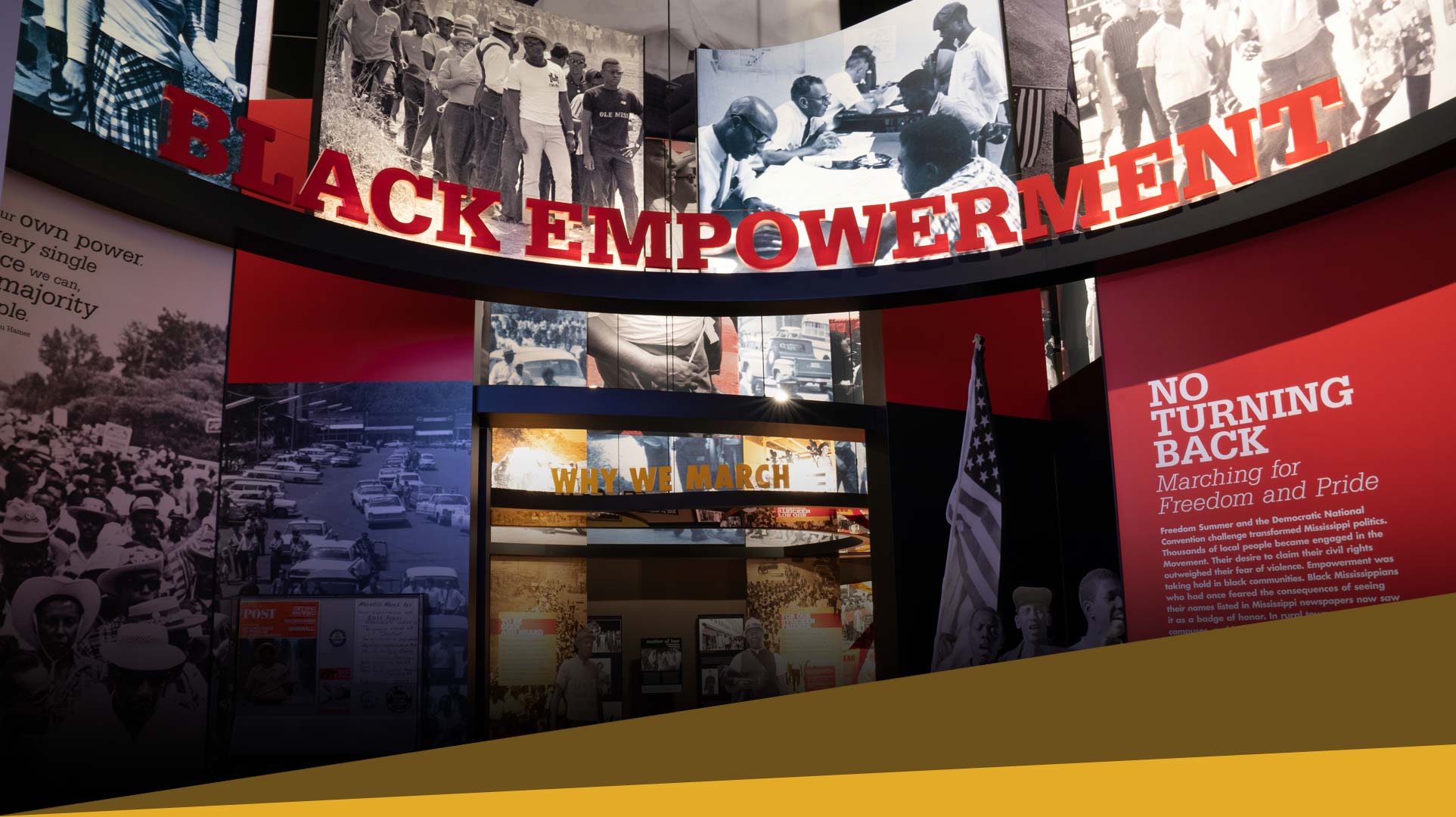


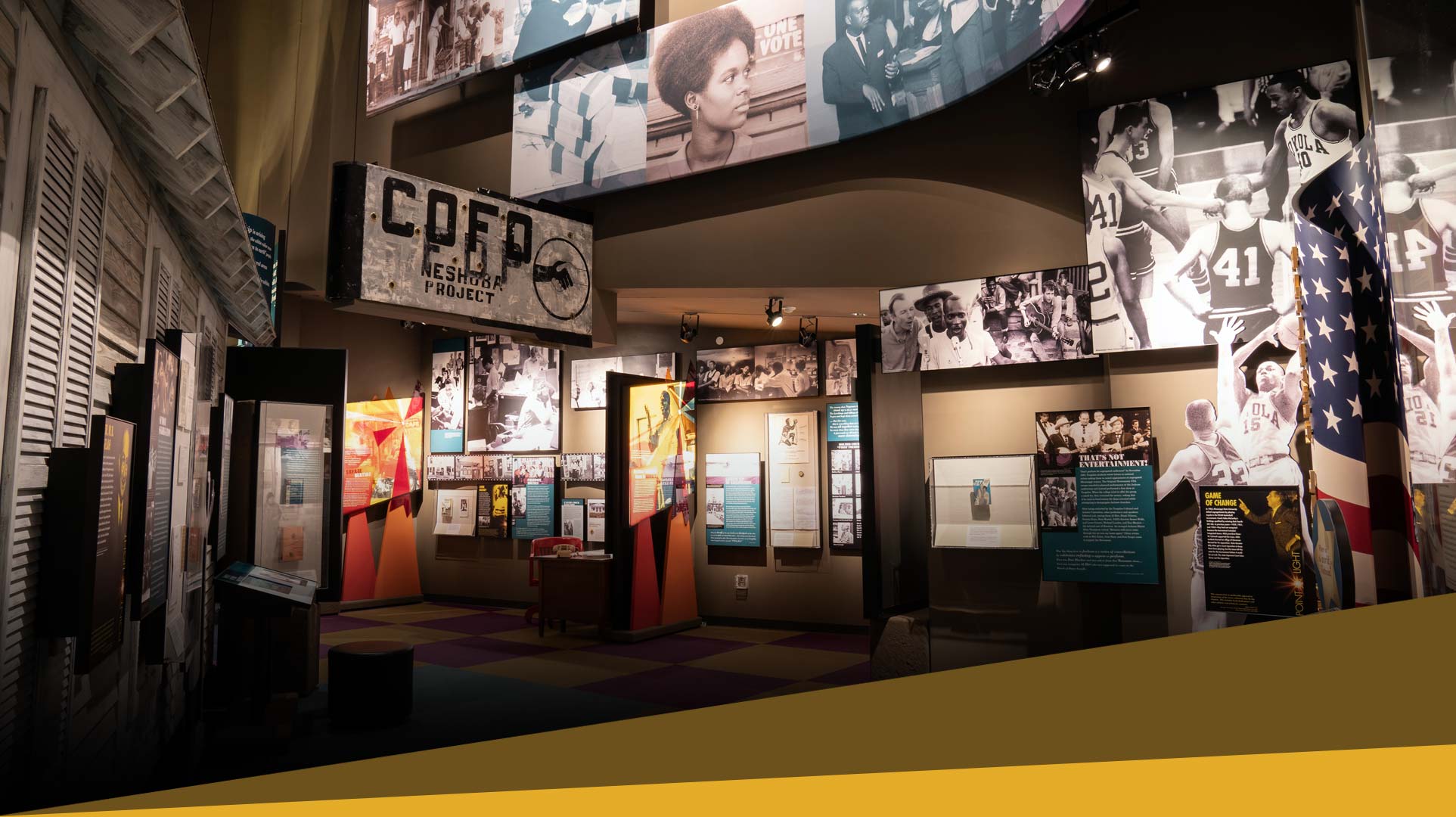
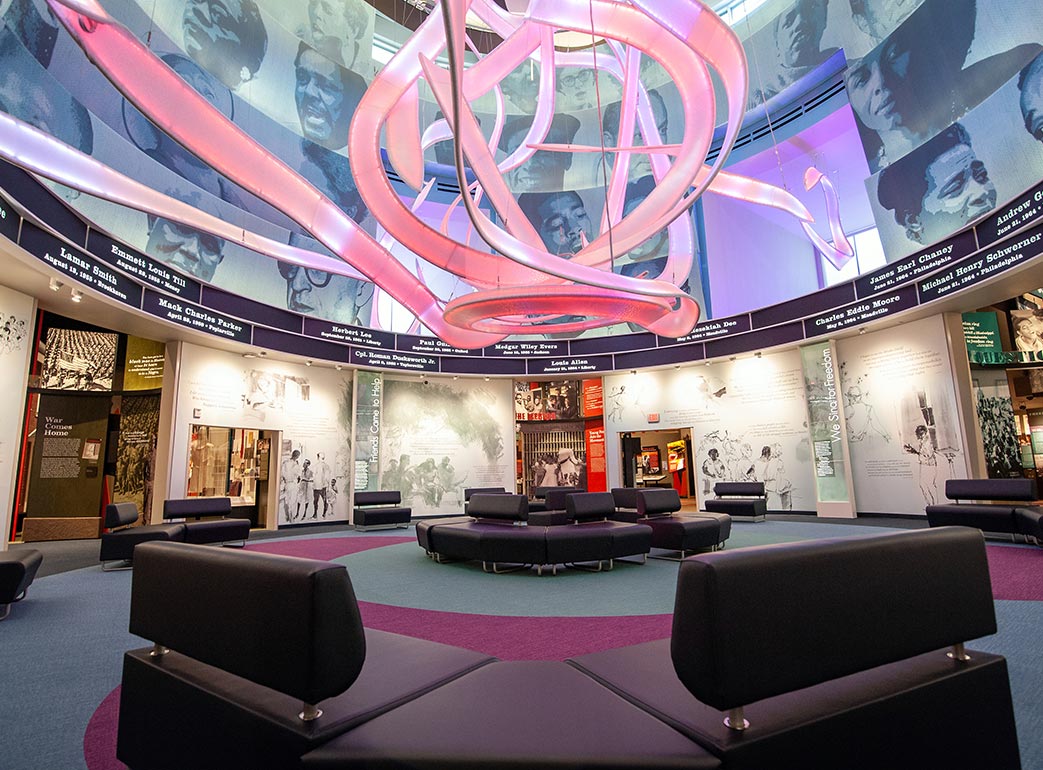
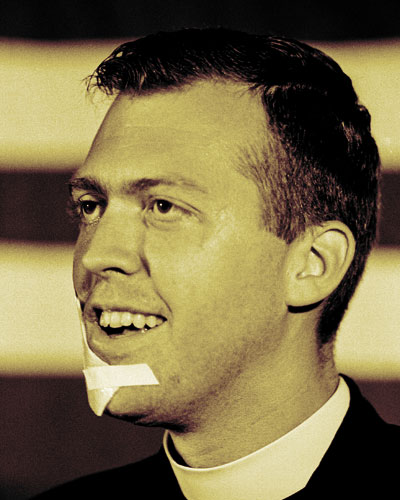
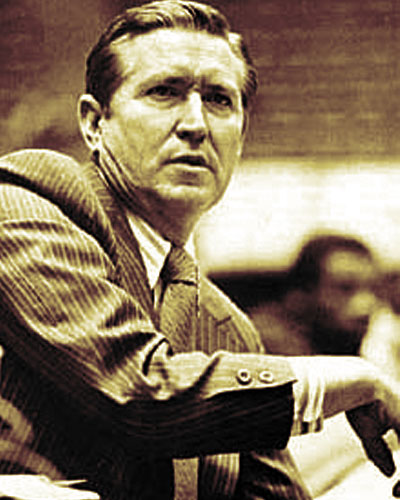
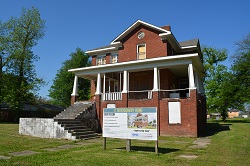 Mound Bayou was founded by former slaves led by Isaiah Montgomery in 1887 as an independent African American community.
Mound Bayou was founded by former slaves led by Isaiah Montgomery in 1887 as an independent African American community.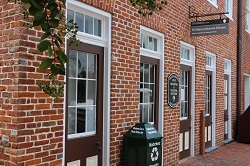 Explores the lives of free African Americans in the pre-Civil War South
Explores the lives of free African Americans in the pre-Civil War South












